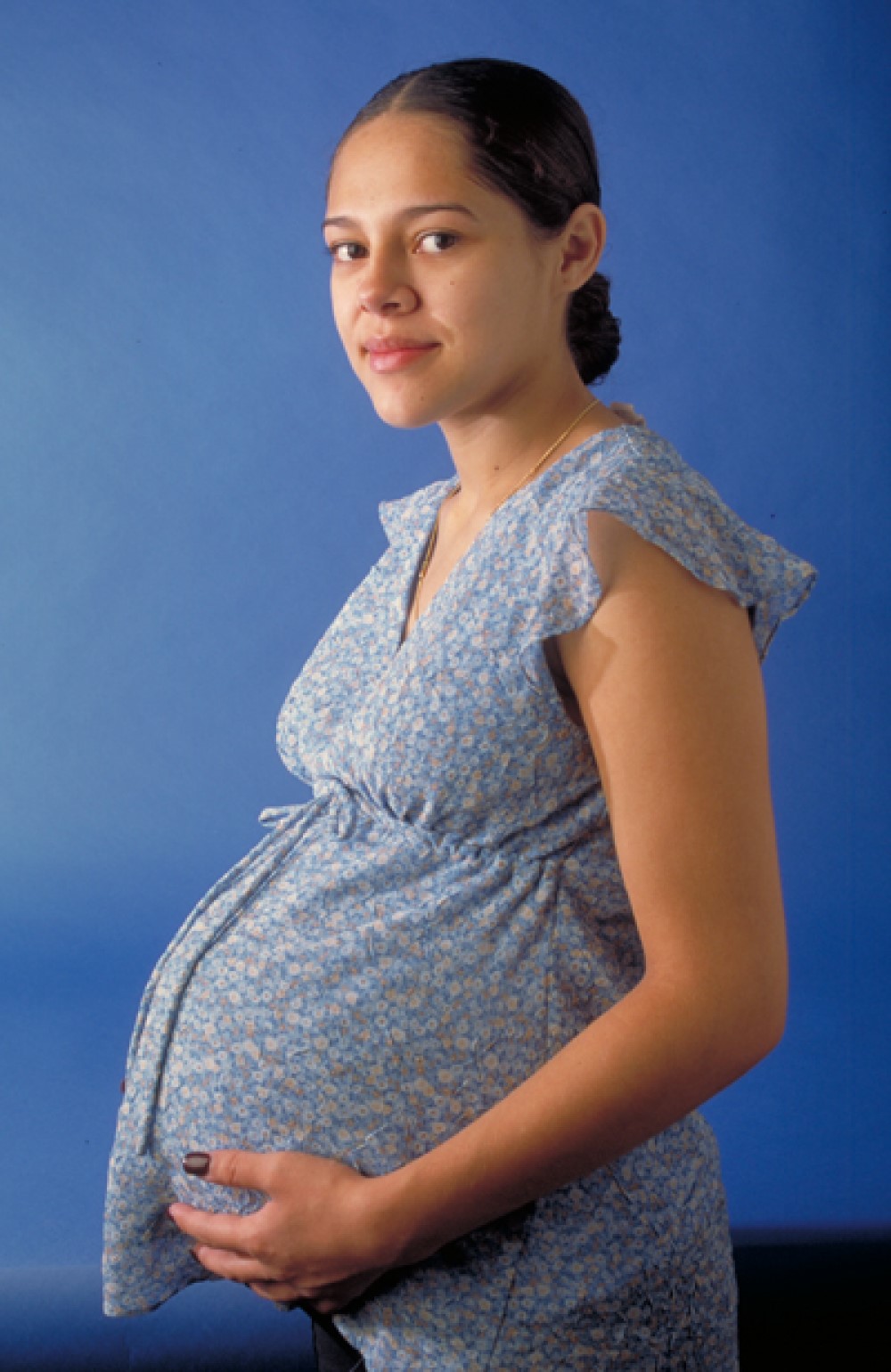
Low-dose aspirin may improve pregnancy chances for women with one or two prior miscarriages
On Jan. 25, 2021, the National Institutes of Health (NIH) announced that in large clinical trial conducted worldwide, full dose anti-coagulation (blood thinner) treatments given to moderately ill patients hospitalized for COVID-19 reduced the requirement of vital organ supportラsuch as the need for ventilation.
A trend in possible reduction of mortality was also observed and was being further studied. With large numbers of COVID-19 patients requiring hospitalization, these outcomes could also help reduce the overload on intensive care units around the world.
Published in 2014, the Effects of Aspirin in Gestation and Reproduction (EAGeR) trial included more than 1,000 women between 18 and 40 years old with one or two previous miscarriages. The women received either daily low-dose aspirin (81 milligrams) or a placebo while trying to conceive. If they did conceive, they would continue to receive this regimen through the 36th week of pregnancy. Although the study found no overall difference in pregnancy loss rates between the two groups, there was a higher birthrate for the subgroup of women who had experienced only one previous miscarriage before the 20th week of pregnancy.
Tags:
Source: National Institutes of Health
Credit:
